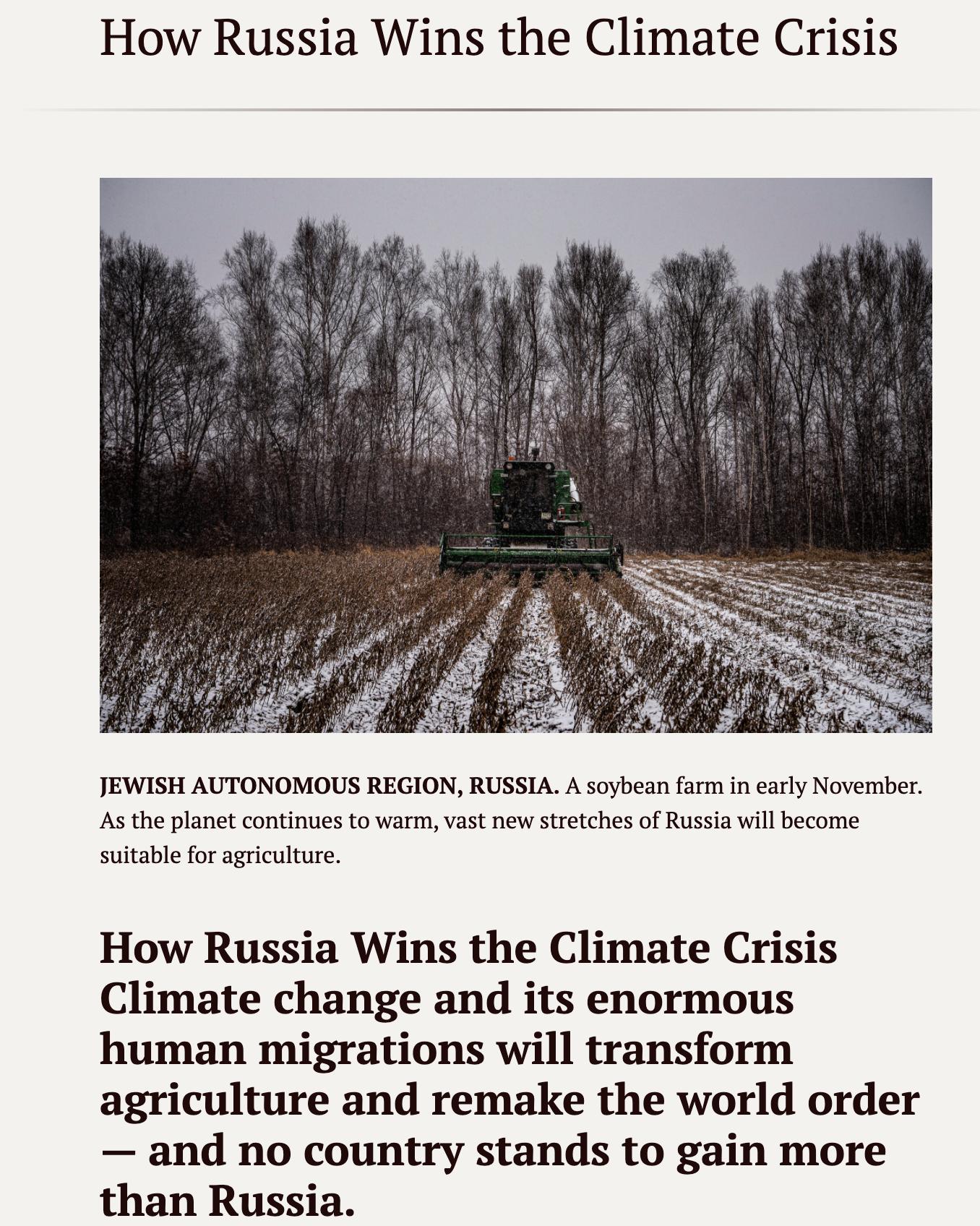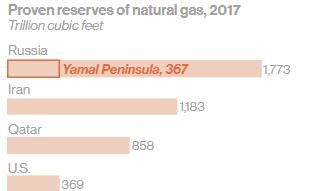
1 minute read
A greening Arctic
Climate change in the Arctic and Boreal Region (ABR) is unfolding faster than anywhere else on Earth, resulting in reduced volume and area of sea ice in the Arctic Ocean during summer, warming and thawing of permafrost, increases in the frequency and severity of climate-driven disturbances, and widespread changes to surface water extent, soil moisture, and vegetation structure and function. Environmental and climate change in the ABR is increasingly affecting society both locally and globally. Changes to forests from insects and fires, erosion of Arctic coastlines, and altered wildlife habitats that support subsistence opportunities may affect residents of the ABR both positively and negatively. The ABR also contains a globally significant amount of carbon in both the soils and vegetation, and it is unknown how much of this sequestered carbon will be released to the atmosphere as permafrost thaws and forests burn, potentially further accelerating global climate change.
Russia has always wanted to populate its vast eastern lands, and the steady thawing there puts that long-sought goal within reach. Wrapped up in all of this — the farming, the migration, the warming — is a larger game of global influence. The issue of national security, for any of these countries as well as the United States, is inextricably interlinked not only with immigration and border policies but also with food security. The race for prosperity in a climate-changed world is about achieving domestic self-reliance and also expanding geopolitical influence. But, as John Kerry, who is President-elect Biden’s incoming both are dependent on how the accessibility or usability of territory — whether Arctic passages or thawing land — changes over time. The scarcer food and other resources become on a global level, the more the ability to produce food domestically becomes a tool of power. And the more nations can keep themselves afloat in this changing world, the more they stand to benefit just by watching others sink. “It could be very tense,” John Kerry, US climate adviser, said, “a really, really messy process.” All of that makes the flow of people — whether you call them climate refugees or human capital — an inseverable part of the geopolitical power
Advertisement












